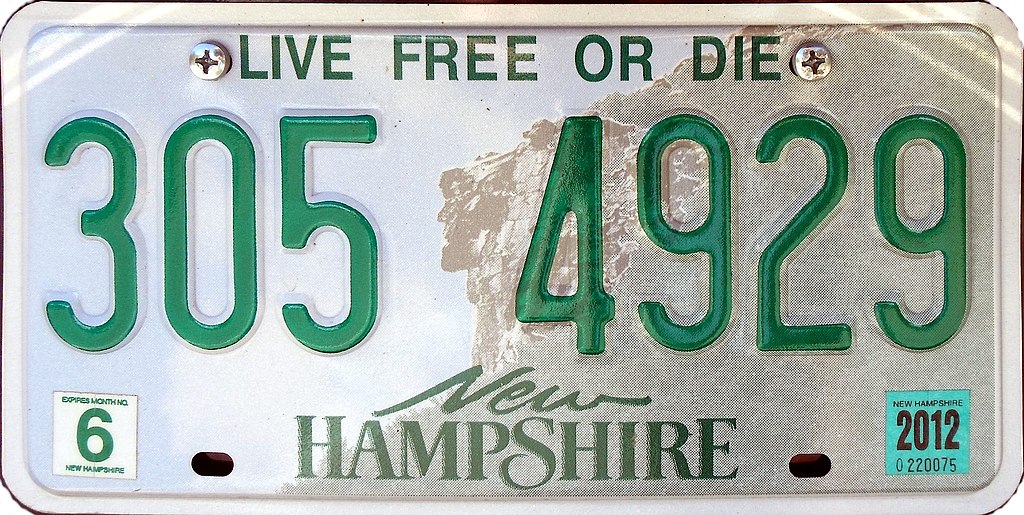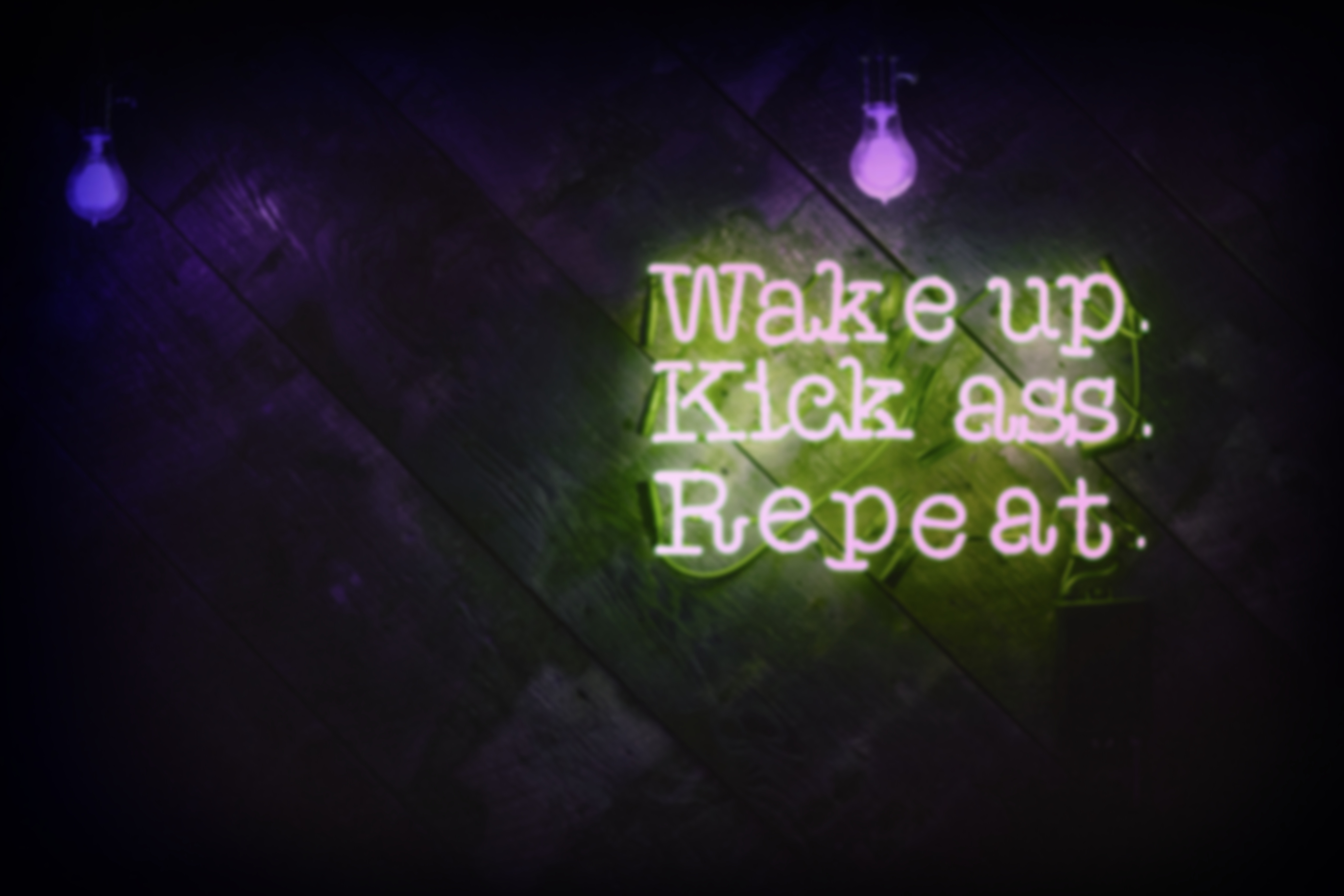What makes a great founder, or founding team?
You’ll find many investors, entrepreneurs, and executives asking that question as they search for the next unicorn. It’s tempting to believe in the myth of the “ideal founder” or the “ideal founding team,” but the reality is much more complicated than that.
The truth is that every founding team is made up of unique human beings, and that companies often become extensions of their founders, exhibiting similar strengths and blind spots. This means that there are no easy answers for those looking to identify, join, or build a great team. Each business opportunity requires a different leadership style, and we do not have unlimited access to talent.
In many ways, building a founding team is like cooking a meal﹣and you’re the chef. If you throw a pile of random ingredients in a pot, you might come up with something decent (although this is usually how I end up ordering pizza). But if you know how different ingredients taste and interact with each other, how the flavors mix and blend together, you are much more likely to create a delicious meal.
So, what are the ingredients for a great founding team? What are the key behaviors and combinations of traits that we should look for, and which combinations should we avoid?
At my company, Crystal, we use a framework called DISC to better understand personality and answer some of these questions about team dynamics. DISC classifies personalities into four categories: D (dominance), I (influence), S (steadiness), and C (conscientiousness). By organizing personalities in this way, we can easily learn more about ourselves and others. For example, an S-type (supportive and people-oriented) may be naturally skilled at accomplishing tasks that involve taking the time to build relationships with other people, including customers. However, a high-energy D-type may not enjoy investing so much time in conversation; instead, they may prefer accomplishing more fast-paced tasks that yield measurable results.
DISC can help make it easier to understand the different natural strengths, blind spots, and preferences of each team member. Perhaps more importantly, it can tell us why certain teams struggle with conflict, chaos, and stagnation, and why others just seem to “click” immediately.
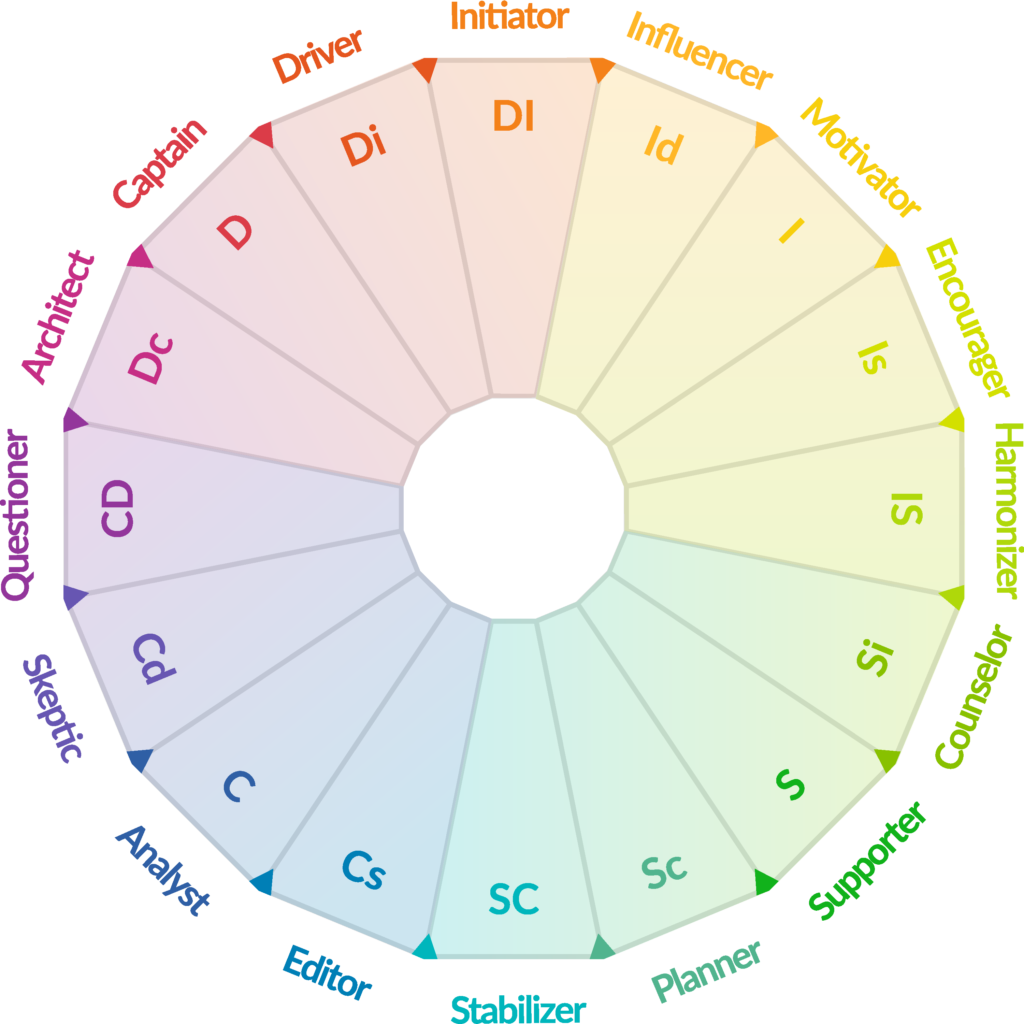
The Personality Map helps show each DISC type compared to one another. Because every DISC type has different strengths and weaknesses, we should first make sure a founding team has as much “coverage” as possible. A balanced team enables each member to take on responsibilities that suit them, maximizing their energy and reducing their stress levels.
As a helpful illustration, here are some examples of important start-up responsibilities and what personality type may be best suited for each.
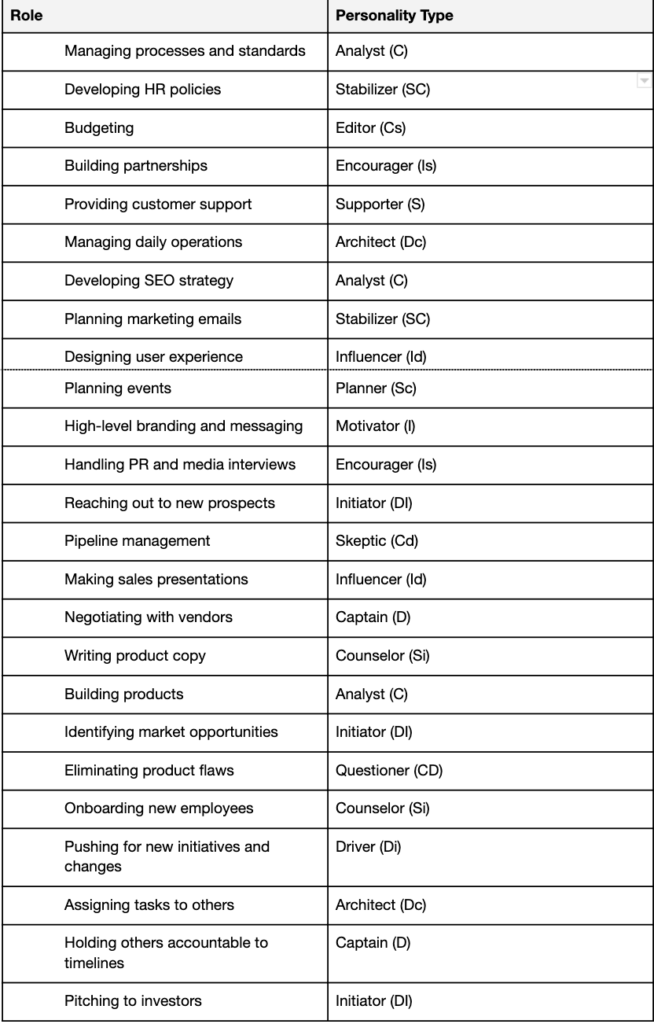
In the early stages, it is impossible to hire enough people to take on tasks that work perfectly for their personality. However, there are some general guidelines we can follow to maximize each team member’s productivity, reduce unnecessary conflict, and make sure each person is able to take advantage of their strengths as often as possible.
Solo Teams
For individuals starting a business on their own, it’s important to be aware of the difficulty of this responsibility. Not only is the sheer volume of tasks high, but it will likely be uncomfortable to step out of your comfort zone so frequently. According to DISC, the personality type that may be best suited to cover a wide array of responsibilities involved in starting a company is an Initiator (DI). This is because Initiators tend to be skilled at setting and accomplishing goals, while remaining energetic and optimistic. While their skills may cover some ground, what really helps them in a startup culture is their adaptability and determination.
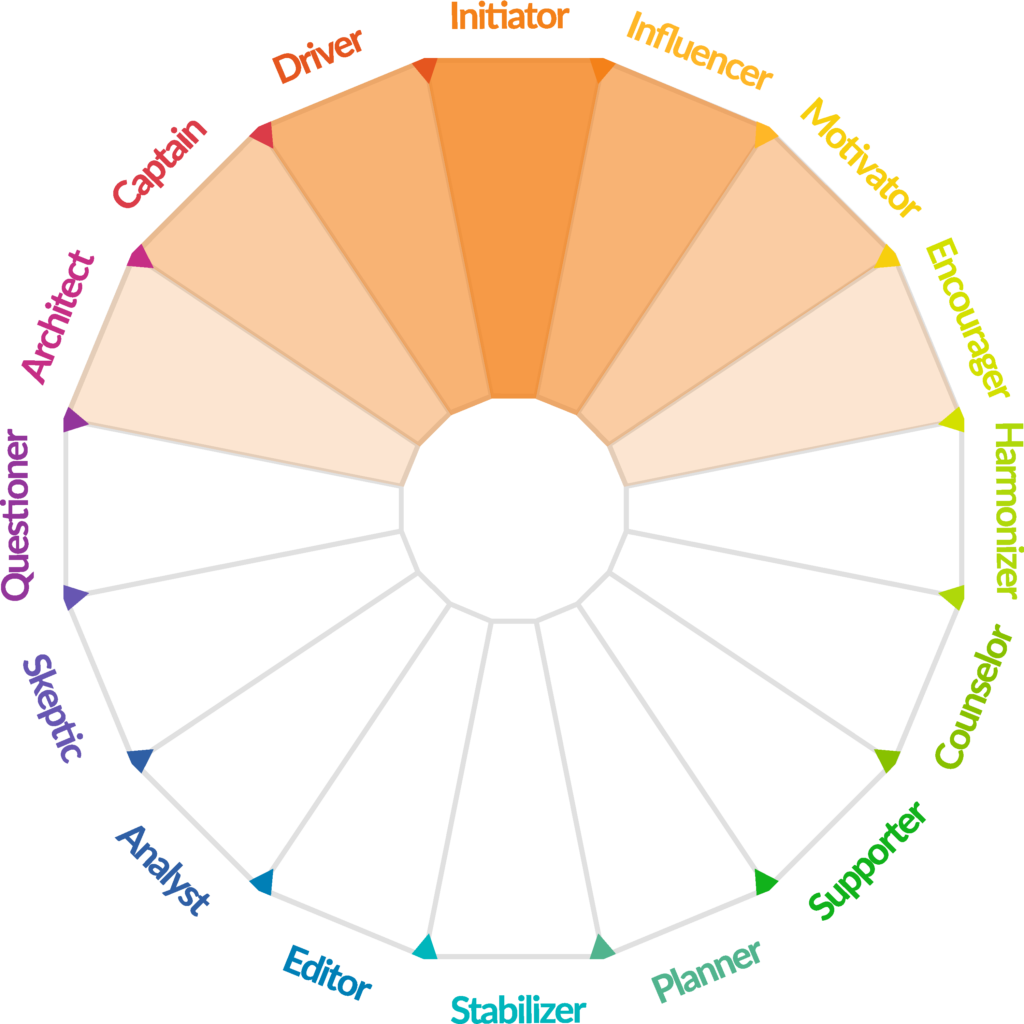
However, even Initiators can stretch themselves way too thin when beginning a major endeavor. It’s important for any solo founder to either hire tasks out to freelancers or bring on other employees to help take on some of the load and work on projects that may not come as naturally to the founder. In the case of the Initiator, they may need to outsource tasks that involve the specifics of company finances, intricate data, creating detailed plans, handling customer issues, and more.
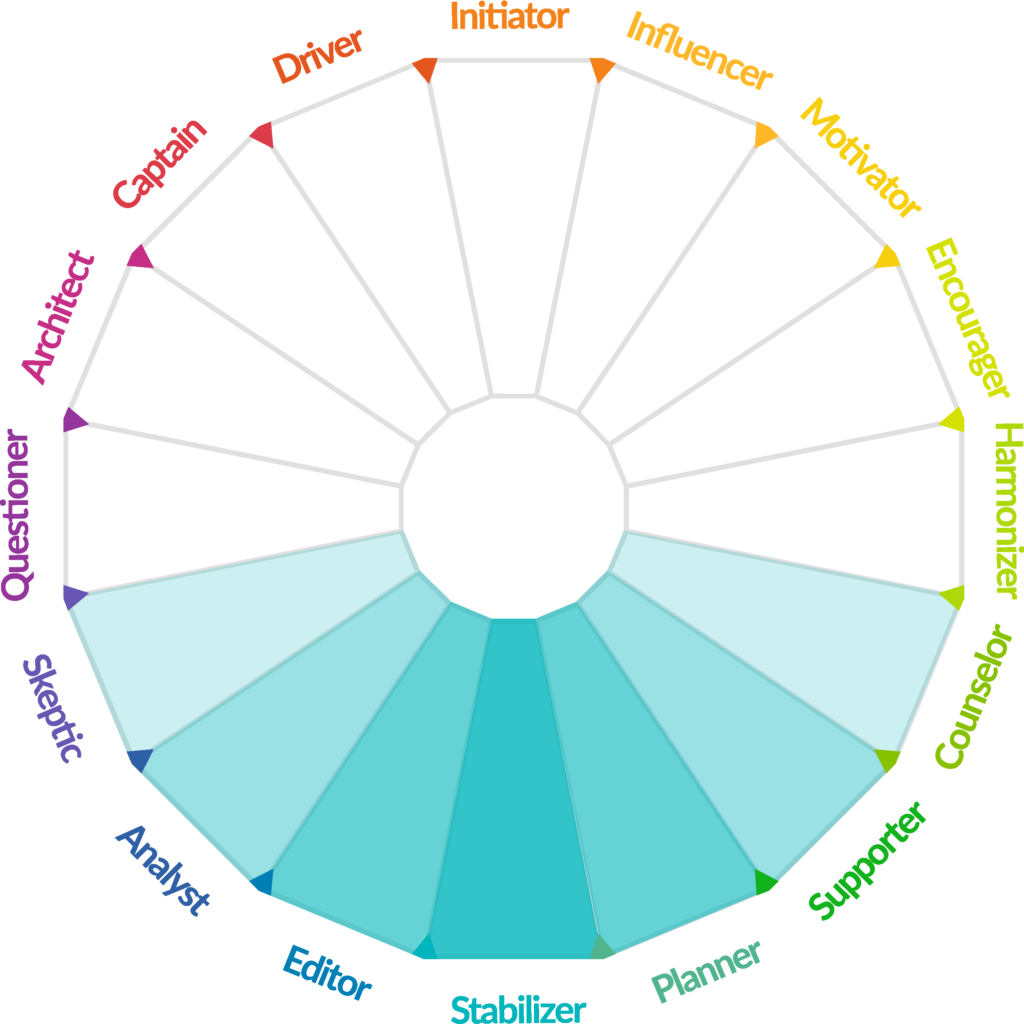
Teams of 2 Founders
When looking to bring on a second team member, it’s important to consider how both personalities may work together. To help the new group succeed, finding two personalities that have complementary skill sets may be the best bet.
For example, if one person is an assertive, dominant personality, a D-type in DISC, they should work alongside someone who is more detailed and thoughtful, like a C-type. D- and C-types tend to have a similarly direct communication style, while having opposing, but often complementary, natural strengths.
Even two people, though, may be spread very thin in the early stages. In the case of our D- and C-personalities from above, it’s important that they also leave room for creative thinking and people skills, which they may both lack, at times. When a group is missing out on an outgoing, energetic I-type, someone else will likely need to adopt these characteristics, in order to find creative ways to get other people interested in the business. They may also be lacking in the innate patience and consideration of an S-type. This can lead to unnecessary internal conflict unless they each adjust and compromise on team decisions.
Whatever the duo’s personality combination, there will need to be flexibility and some form of give-and-take to help everything go over smoothly in the chaos of laying the foundation for a startup.
Teams with 3 or More Founders
Just like solo and duo teams, larger teams are likely to succeed if they can find a way to spread the responsibilities equally among them, in a way that compliments their strengths.
There are a few helpful ways to look at building well-rounded trios:
- Try to have one (and only one) strong, powerful personality, like a D-type. Otherwise, there may be more conflict and strong voices than the small group can handle.
- If the group has two creative, idealistic people, like I-types, make sure there’s a focused, fact-driven person, like a C-type, to help balance the team.
- If there are two reserved, detail-oriented C-types or two agreeable, stabilizing S-types, it’s important that there be a third member whose creativity and determination can help even things out, like a DI.
Ideally, the group’s personalities should make a close-to-perfect triangle on the DISC Personality Map, like our example below.
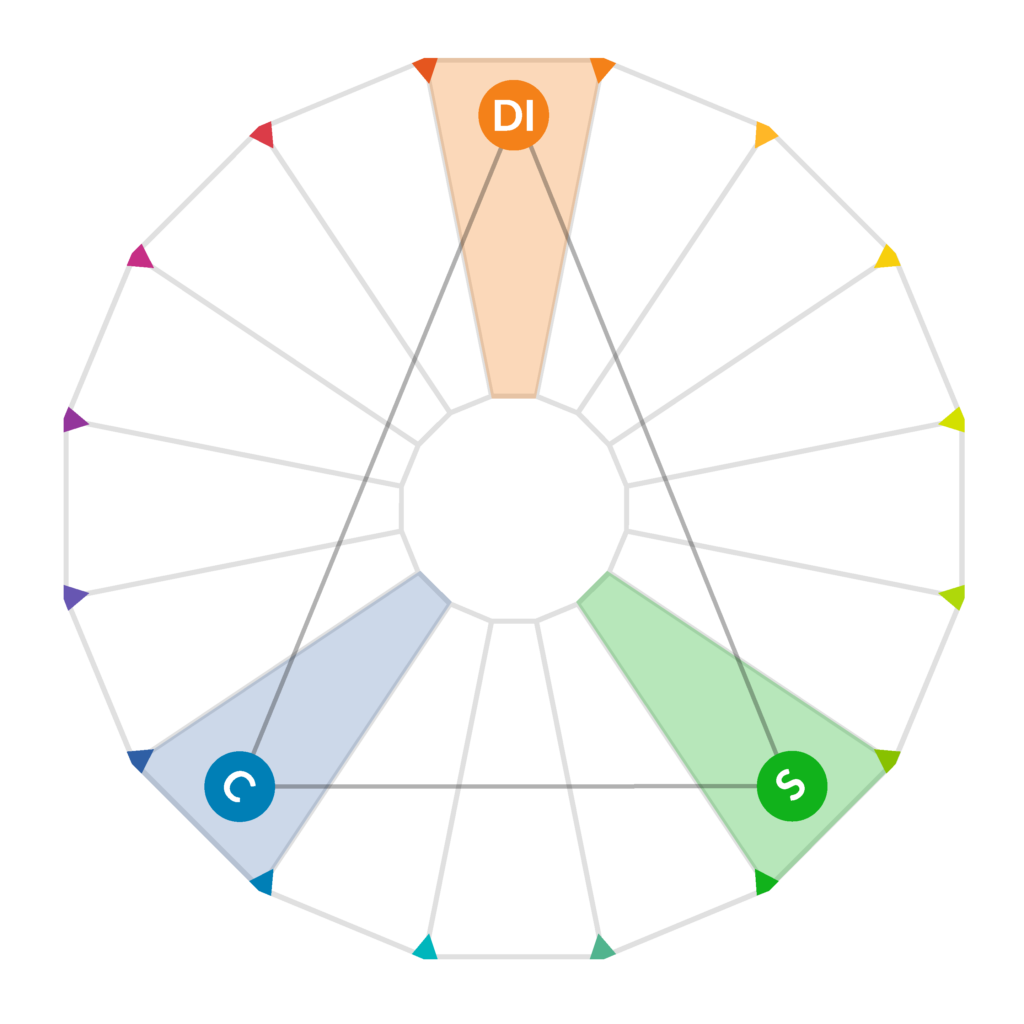
By building a team of three in this way, each person will be able to work on tasks that naturally suit them, which will help the whole operation run more smoothly.
Finding the Balance
Founding a company requires all kinds of skills and behaviors, many of which need to be learned on the fly. These behaviors vary greatly based on industry and external factors, so we cannot offer a single formula for building a cohesive, effective, high-performing team.
However, a little bit of empathy goes a long way in leadership. When in doubt, do your best to understand the similarities, differences, and complementary skill sets of the people involved, and strive for a more balanced group, rather than one full of similar personalities.
Drew D’Agostino is the CEO of Crystal, the app that tells you anyone’s personality. Using AI, Crystal accurately identifies a person’s motivations, communication style, and other behavioral traits. Thousands of professionals globally use Crystal to communicate more effectively, write more persuasively, and build trust faster with new people. He is also the co-author of a book published by Wiley in 2019, “Predicting Personality: Using AI to Understand People and Win More Business.” He was recognized by Forbes in its 2020 list of 30 Under 30 in enterprise technology.

